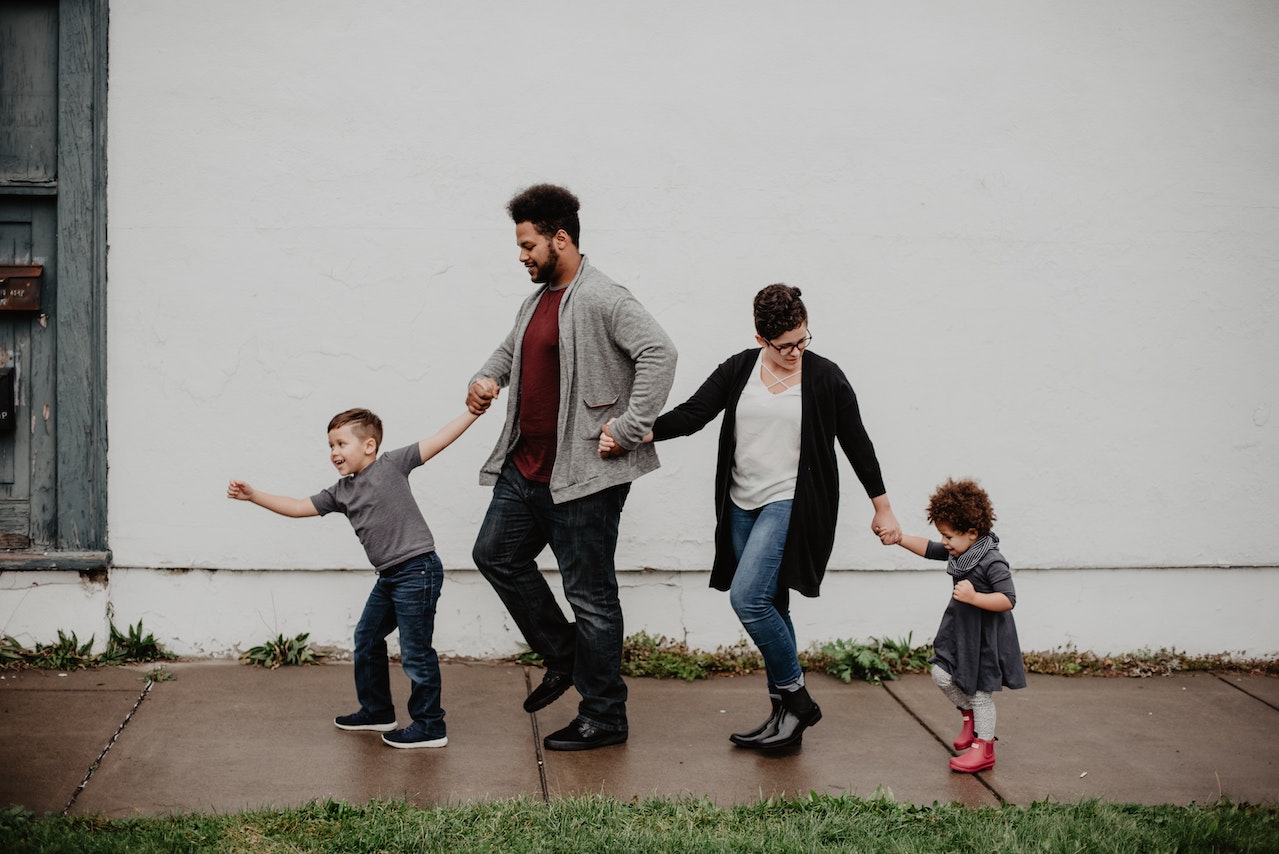Building Positive Parent-Child Relationships: Tips and Tricks for Fun and Fulfillment
Building Positive Parent-Child Relationships: Tips and Tricks for Fun and Fulfillment

Parenting is one of the most rewarding experiences life can offer, but it's also one of the most challenging. One of the most important aspects of being a good parent is building a positive relationship with your child. When parents and children have a strong bond, it helps children develop self-esteem, independence, and emotional resilience. In this article, we'll explore some tips and tricks for building a positive parent-child relationship that's fun, fulfilling, and rewarding for both you and your child.
Spend quality time with your child
One of the most effective ways to build a positive parent-child relationship is by spending quality time with your child. Quality time doesn't have to be expensive or complicated. It can be as simple as playing board games together, cooking a meal together, or going for a walk in the park. The important thing is that you're fully present with your child and engaging in activities that you both enjoy.
Parenting is one of the most rewarding experiences life can offer, but it's also one of the most challenging. One of the most important aspects of being a good parent is building a positive relationship with your child. When parents and children have a strong bond, it helps children develop self-esteem, independence, and emotional resilience. In this article, we'll explore some tips and tricks for building a positive parent-child relationship that's fun, fulfilling, and rewarding for both you and your child.
Spend quality time with your child
One of the most effective ways to build a positive parent-child relationship is by spending quality time with your child. Quality time doesn't have to be expensive or complicated. It can be as simple as playing board games together, cooking a meal together, or going for a walk in the park. The important thing is that you're fully present with your child and engaging in activities that you both enjoy.
Be an active listener
Communication is key in any relationship, including the parent-child relationship. Being an active listener means giving your child your full attention when they're speaking, asking questions, and responding in a way that shows you're interested in what they have to say. Active listening helps your child feel heard and understood, which can strengthen your relationship.
Set boundaries and rules
While spending quality time and being an active listener are important, it's also crucial to set boundaries and rules for your child. Children need structure and consistency to feel safe and secure, so it's important to establish clear expectations for behavior and consequences for breaking the rules. However, it's also important to be flexible and willing to negotiate with your child when appropriate.
Be an active listener
Communication is key in any relationship, including the parent-child relationship. Being an active listener means giving your child your full attention when they're speaking, asking questions, and responding in a way that shows you're interested in what they have to say. Active listening helps your child feel heard and understood, which can strengthen your relationship.
Set boundaries and rules
While spending quality time and being an active listener are important, it's also crucial to set boundaries and rules for your child. Children need structure and consistency to feel safe and secure, so it's important to establish clear expectations for behavior and consequences for breaking the rules. However, it's also important to be flexible and willing to negotiate with your child when appropriate.
Show love and affection
Children thrive on love and affection, so it's important to show them regularly that you care. This can include hugs, kisses, verbal affirmations, or small acts of kindness. Remember that each child is different and may have different love languages, so be open to finding the best ways to express your affection for your child.
Be a positive role model
Children learn by example, so it's important to be a positive role model for your child. This means modeling behaviors that you want your child to emulate, such as being kind, respectful, and responsible. It also means admitting when you make mistakes and taking responsibility for your actions.
Show love and affection
Children thrive on love and affection, so it's important to show them regularly that you care. This can include hugs, kisses, verbal affirmations, or small acts of kindness. Remember that each child is different and may have different love languages, so be open to finding the best ways to express your affection for your child.
Be a positive role model
Children learn by example, so it's important to be a positive role model for your child. This means modeling behaviors that you want your child to emulate, such as being kind, respectful, and responsible. It also means admitting when you make mistakes and taking responsibility for your actions.

Encourage independence
While it's important to provide support and guidance for your child, it's also crucial to encourage independence. This means giving your child the space and freedom to make their own decisions and learn from their mistakes. Encouraging independence can help your child develop self-confidence and self-reliance.
Practice self-care
Finally, it's important to practice self-care as a parent. Parenting can be exhausting and stressful, and it's easy to become burnt out. Practicing self-care can help you recharge and be more present for your child. This can include getting enough sleep, exercising regularly, and taking time for hobbies or other activities that bring you joy.
Building a positive parent-child relationship takes time and effort, but it's well worth it in the end. By spending quality time, being an active listener, setting boundaries, showing love and affection, being a positive role model, encouraging independence, and practicing self-care, you can build a strong and fulfilling relationship with your child that will last a lifetime.
Encourage independence
While it's important to provide support and guidance for your child, it's also crucial to encourage independence. This means giving your child the space and freedom to make their own decisions and learn from their mistakes. Encouraging independence can help your child develop self-confidence and self-reliance.
Practice self-care
Finally, it's important to practice self-care as a parent. Parenting can be exhausting and stressful, and it's easy to become burnt out. Practicing self-care can help you recharge and be more present for your child. This can include getting enough sleep, exercising regularly, and taking time for hobbies or other activities that bring you joy.
Building a positive parent-child relationship takes time and effort, but it's well worth it in the end. By spending quality time, being an active listener, setting boundaries, showing love and affection, being a positive role model, encouraging independence, and practicing self-care, you can build a strong and fulfilling relationship with your child that will last a lifetime.












